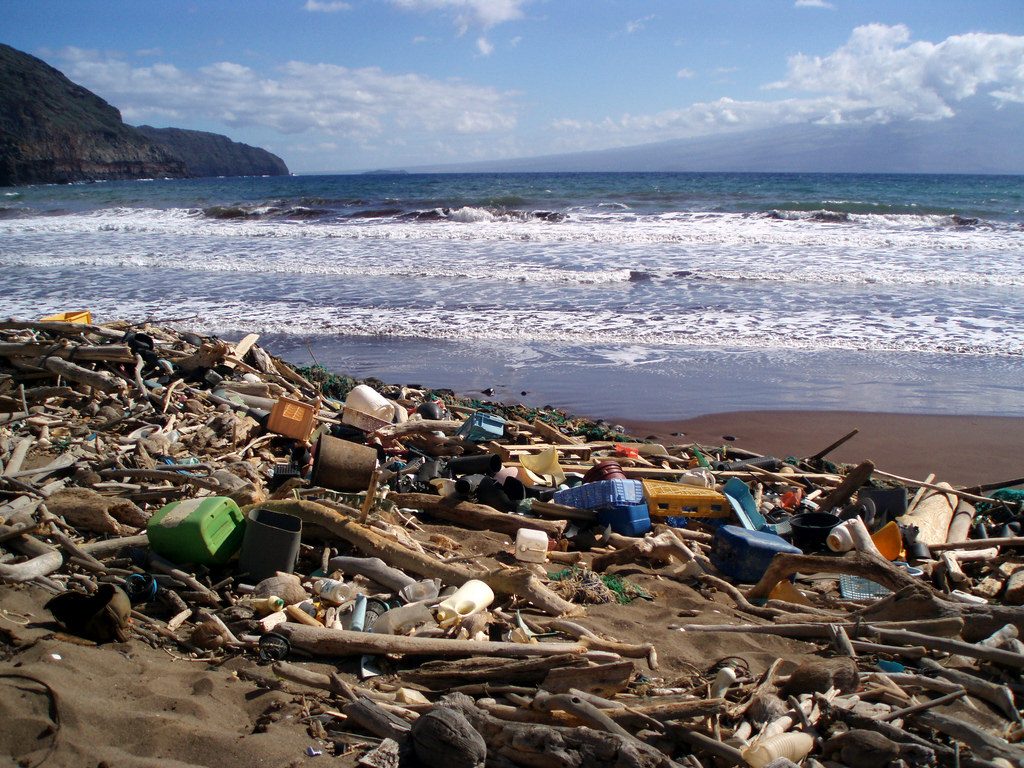Humanity has been able to create thousands of new materials during its (relatively short with respect to
the world’s) history. Some of them have such incredible properties that allowed us to develop like we have
never done before, to the point than now we cannot imagine our lives without them. Think, for instance,
about plastic. A funny but lightening mental experiment that we can do in order to understand how much
this material has become important for us is trying to watch the objects that surround us and “eliminate”
the ones which contain plastic materials. Done? Almost nothing remains in our room. Plastic, indeed, is
used practically everywhere because of its malleability and long life. Long life that, sometimes, turns into a
problem: too often millions of plastic objects are thrown away, some of them directly in the ocean. It has
been calculated that a truck of them ends up in the oceans every minute, causing all the problems that
nowadays are widely recognized.
Clean-up initiatives are spreading, but another problem remains: what is it possible to do with retrieved
plastic? Adidas has embraced the challenge and, thanks to the collaboration with Parley, created the world
first running shoe with the 3D-printed midsole made out of waste plastic and with an upper woven made
from fibres coming from fishing nets confiscated by Sea Shephered during a mission to protect sea life.
These shoes are not the only good produced by Adidas by using plastic waste retrieved by the ocean: for
example, also the Real Madrid and FC Bayern München jerseys are made out these materials.
Adidas experience teaches us that it is possible to link the cleaning-up of the ocean and the production of
running shoes or jerseys. What else it is possible to do to turn waste into resource is just to be discovered,
and it seems that designers are looking at it more and more, so the expectation is that we will hear an
increasing number of stories of products whose production respects or cleans the environment. Another
little step towards sustainability. Let’s keep on moving.
Federico Pinato



